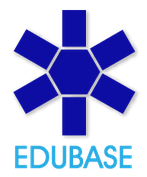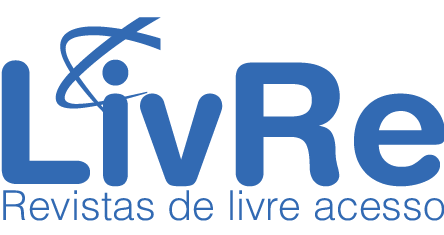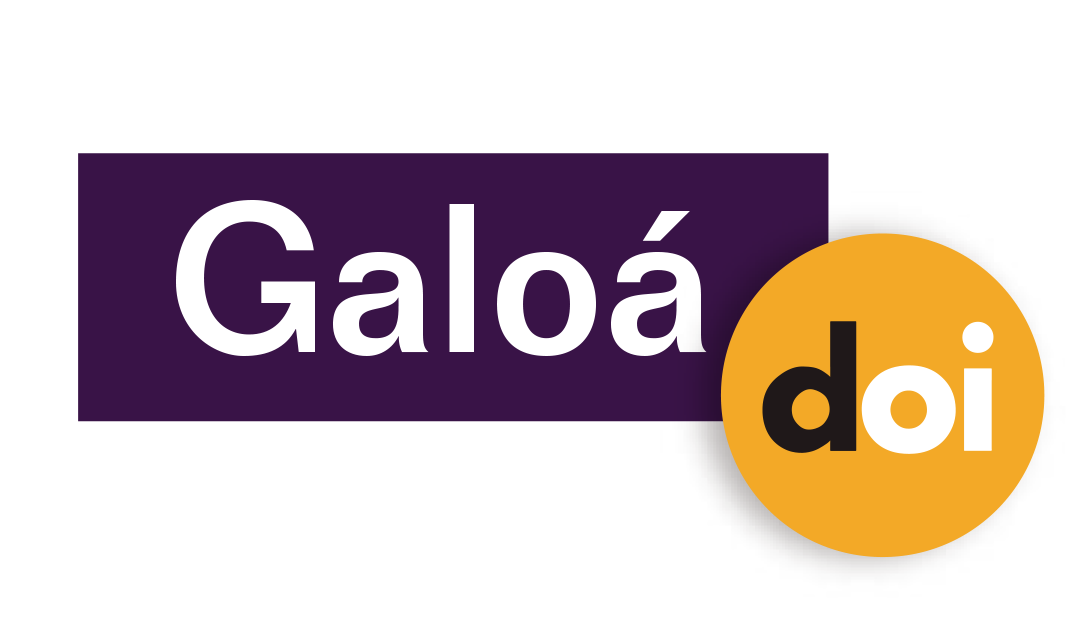The City Has Abandoned Geometry: The Countryside Has Not! Reflections on Geometry and Its Teaching from the Perspective of Countryside Education
Resumo
Background: On the one hand, the history of mathematics teaching in Brazil is marked by the gradual abandonment of Geometry teaching; on the other hand, the countryside has always assumed it as an essential ally in the political and identity affirmation of its populations. Objectives: This paper discusses how Geometry and its teaching can emerge, in the paradigm of Countryside Education, as a possibility of political-epistemic disobedience to a Mathematics Education referenced in the knowledge, procedures, attitudes, and values of urban, industrial, and market forms of life. Design: The research uses qualitative methodology with a focus on Countryside Education. Setting and participants: The investigation was developed in the context of an Undergraduate Teaching Degree in Countryside Education, based on records of students' activities. Data collection and analysis: The text mobilizes formative experiences of a degree in Countryside Education with emphasis on Mathematics to reflect on how Geometry can be articulated to rural peoples' territories and territorialities, aiming to contribute to pedagogical guidelines for teaching K-12 Mathematics. Results: The paper contributes to evaluating epistemological and educational positions regarding Geometry and geometric knowledge commonly established by school cultures, not necessarily limited to schooling in rural regions. Conclusions: Geometry in school cultures can be used to understand the social reality in which subjects, communities and collectives are inserted, mapping inequality relations, and proposing ways to overcome them.
Palavras-chave
Geometry Teaching; Territory; territoriality; Sociocultural Practices; Rural.
DOI: https://doi.org/10.17648/acta.scientiae.7156
Apontamentos
- Não há apontamentos.
Direitos autorais 2023 Filipe Santos Fernandes, Flávia Cristina Duarte Pôssas Grossi, Maria de Fátima Almeida Martins

Esta obra está licenciada sob uma licença Creative Commons Atribuição 4.0 Internacional.
ANÚNCIOS
Informamos que, a partir de outubro de 2024, a revista Acta Scientia volta a aceitar submissões de artigos para publicação.
Mais, informamos que sites fraudulentos, https://periodicos-ulbrabr.org e https://periodicos-ulbrabra.org, estiveram se passando pela Acta Scientiae, utilizando nosso nome e identidade visual e até solicitado taxas de APC, que nós não cobramos. Aconselhamos cautela para evitar serem enganados por sites semelhantes.
Conceito A2 na Capes(2021)
Índice h5 do Google Scholar: 13
Índice mediana h5 do Google Scholar:24
eISSN: 2178-7727
Indexações:
A Acta Scientiae é indexada em: | Scopus |  | Latindex |  | Edubase (SBU/UNICAMP) |
 | Sumarios.org |  | Google Scholar |  | Portal LivRe (CNEM) |
 | Journals for Free |  | REDIB |  | Galoá DOI |

Todos os trabalhos publicados aqui estão sob uma licença Creative Commons - Atribuição 4.0 Internacional.
